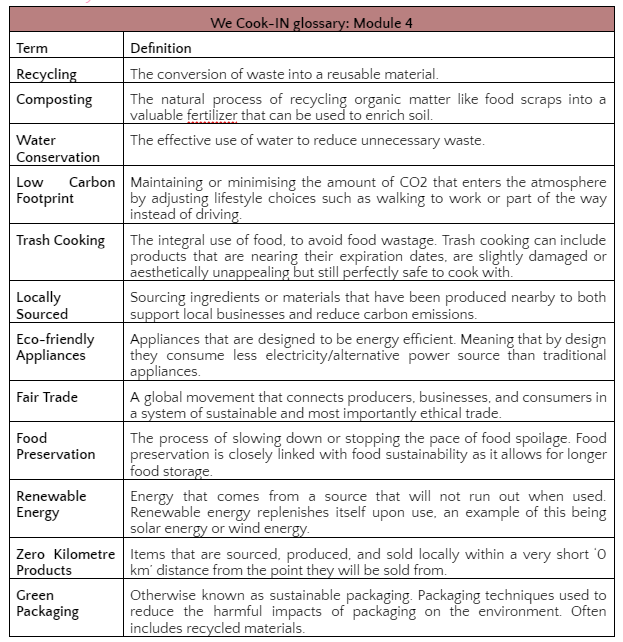Recycling in the kitchen is an extremely important part of reducing food waste and being sustainable in your everyday life, as the kitchen is used several times every day.
By having separate bins in the kitchen to help separate food waste for recycling and composting, less waste is created. By having a general waste bin and recycling bin waste can be disposed of correctly therefore avoiding pollution. By familiarising yourself with what can be recycled e.g., clean paper, cardboard and plastic containers, the process of recycling has less chance of being contaminated and will be more effective.



